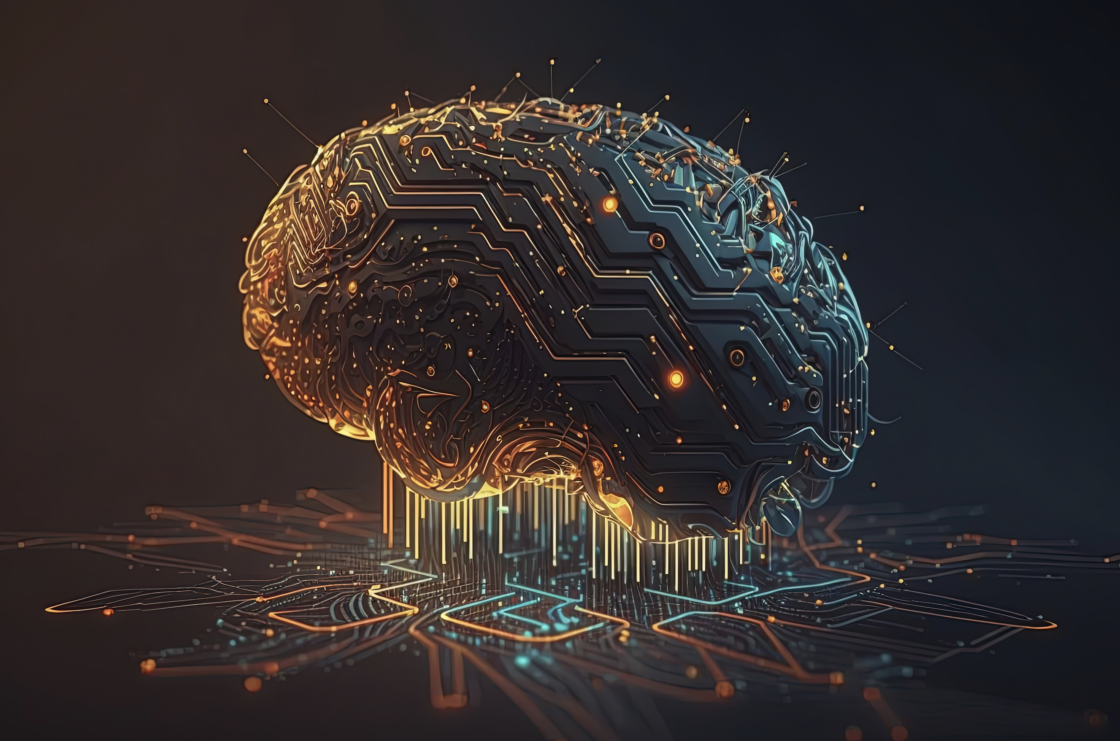The landscape of work is undergoing a profound transformation, a metamorphosis driven by relentless advances in artificial intelligence. Within the next decade, we are poised to witness a revolution in several key sectors – insurance, legal, and real estate – traditionally cornerstones of human expertise and judgment. These industries are on the brink of an AI takeover, not merely to assist but to fully automate and replace human roles. Can we get a collective: THANK YOU! Dealing with humans is emotional, exhausting, tedious, and expensive in correlation to these 3 industries.
Insurance: The Calculus of Risk Meets Artificial Intelligence
The insurance industry thrives on the ability to assess risks and forecast potential losses, a process deeply rooted in data analysis and probabilistic evaluations. With the emergence of sophisticated AI algorithms, these tasks, once the purview of human actuaries, are increasingly being executed with speed and accuracy beyond human capability. By leveraging massive datasets, AI can identify patterns and predict outcomes that would take humans much longer to discern. This transition to automated risk assessment is not a matter of if, but when, as AI continues to outpace human analytical prowess, signaling a seismic shift in the industry’s employment landscape.
Legal Industry: AI as the New Litigator
The legal profession, characterized by its reliance on precedent and the meticulous analysis of legal documents, stands on the cusp of an AI revolution. AI systems can now parse through centuries of legal texts, case laws, and evidence to predict legal outcomes with astonishing precision. They can assess the probabilities of various legal scenarios by cross-referencing vast databases of legal proceedings, a task that would be insurmountably time-consuming for even the most diligent legal teams. As AI grows more advanced, the role of human lawyers and legal assistants may be redefined, focusing less on routine analysis and more on strategy and human-centric services, where empathy and ethical considerations play a crucial role.
Real Estate: The Algorithmic Matchmaker
In real estate, the art of matching clients with the perfect property is getting a technological makeover. AI, with its ability to process and recommend property listings based on detailed client preferences and market data, is transforming the industry. By analyzing trends, pricing, and client needs, AI can provide personalized suggestions with an efficiency unattainable by human realtors. This doesn’t spell the end for human agents, but it does mean a radical rethinking of their roles, focusing on aspects of the transaction that require a personal touch, like negotiation and closing deals.
The Human Element in an AI-Driven World
It’s important to recognize that AI, despite its strengths, lacks the nuanced understanding and emotional intelligence that are the hallmarks of human interaction (for now). As these industries evolve, the value of human professionals may shift from performing the now-automatable tasks to providing the empathetic, creative, and ethically-informed dimensions of service that AI cannot replicate. Professionals in these fields will need to adapt, re-skill, and redefine their roles to stay relevant. Maybe even changing to another industry or job function altogether.
The message is clear: the future is not about competing with AI but leveraging it to enhance human capabilities. For insurance brokers, lawyers, and real estate agents/brokers, the call to action is now. Embrace the change, harness the power of AI, and find new ways to add value that only humans can. The clock is ticking, and the next ten years will determine not just the survival but the thriving of human expertise in the age of AI.


